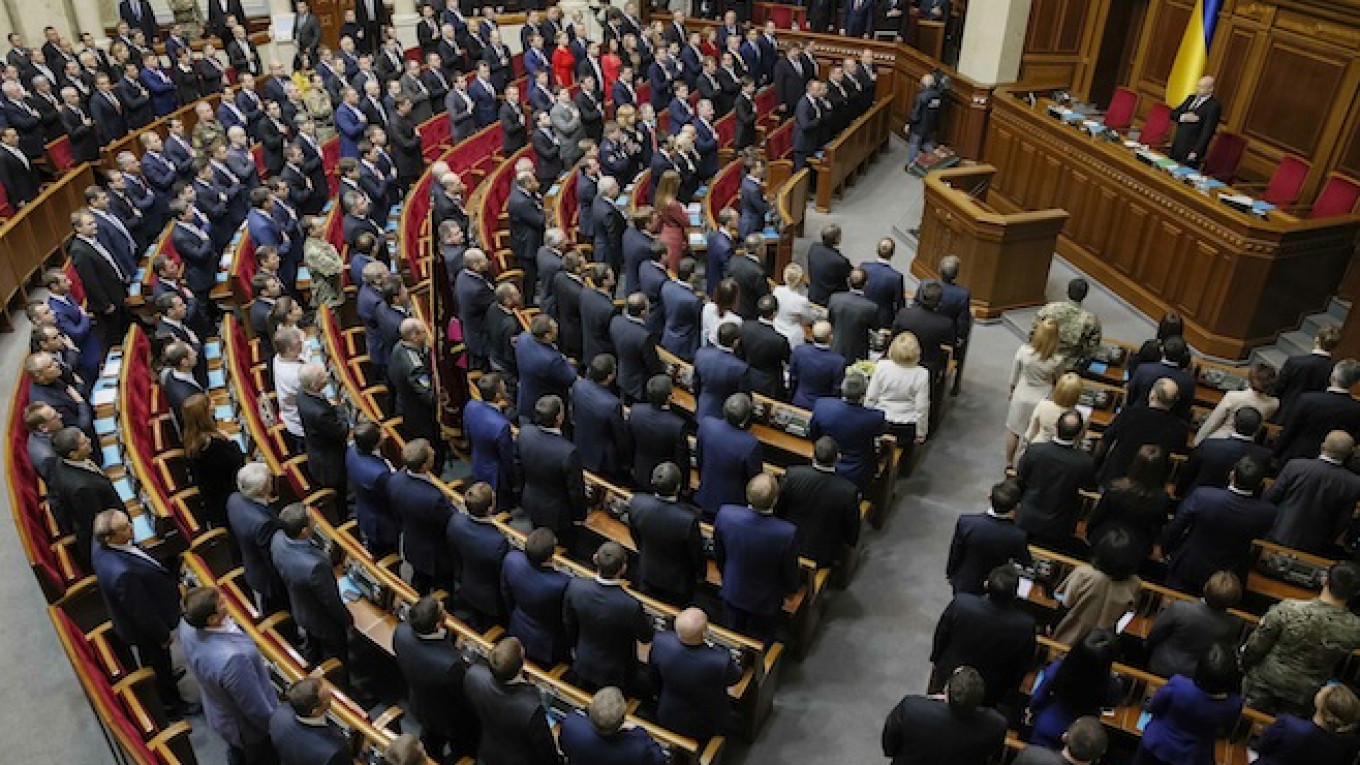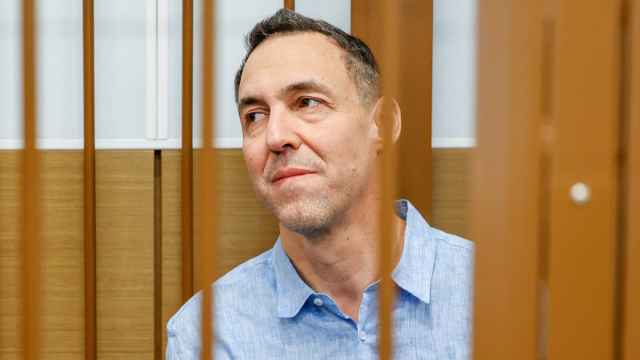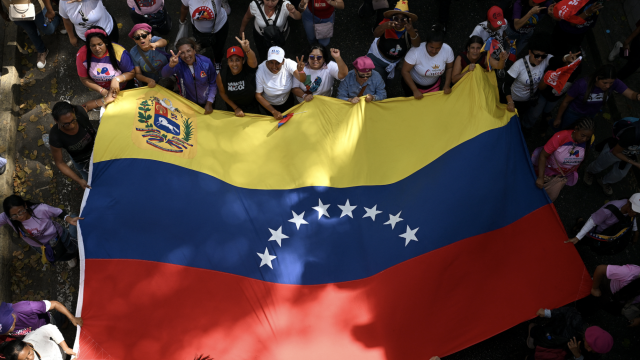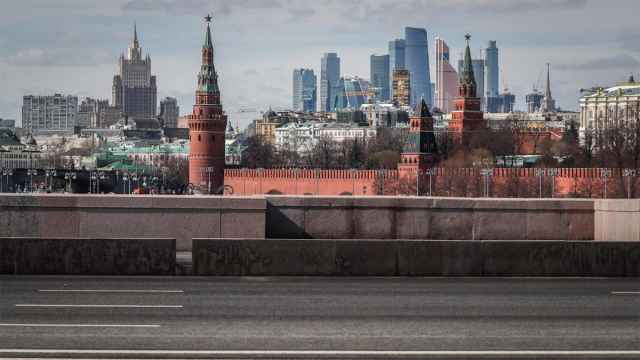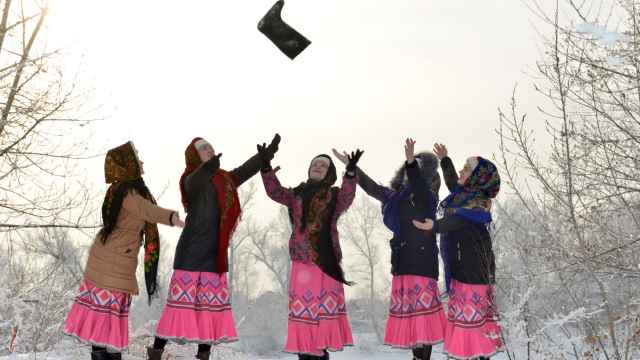KIEV — The Ukrainian parliament on Tuesday renounced Ukraine's "non-aligned" status with the aim of eventually joining NATO, angering Moscow, which views the Western alliance's eastward expansion as a threat to its own security
Kiev first announced its intention of seeking the protection of NATO membership in August following what it deemed the open participation of Russia's military in a separatist war in Ukraine's eastern provinces.
Russian Foreign Minister Sergei Lavrov called Ukraine's renunciation of its neutral military and political status a "counterproductive" step that would only boost tensions around the crisis in the east.
"It will only escalate the confrontation and creates the illusion that it is possible to resolve Ukraine's deep internal crisis by passing such laws," TASS news agency quoted him as saying.
Addressing deputies in Kiev before the vote, Ukrainian Foreign Minister Pavlo Klimkin said the move underscored the country's determination to pivot towards Europe and the West.
"This will lead to integration in the European and the Euro-Atlantic space," he said.
The amendment passed easily, receiving 303 votes, 77 more than the minimum required to pass into law.
Any accession to the Western military alliance is likely to take years, but a NATO spokesman in Brussels said: "Our door is open and Ukraine will become a member of NATO if it so requests and fulfills the standards and adheres to the necessary principles."
Ties between Moscow and Kiev are at an all-time low since Russia's annexation of the Crimean peninsula from Ukraine in March and the subsequent outbreak of the pro-Russian rebellion in the east.
The pro-Western authorities in Kiev accuse Russia of orchestrating and arming the uprising after the overthrow of a Ukrainian president sympathetic to Moscow. The Kremlin denies that it is behind the revolt.
A Message from The Moscow Times:
Dear readers,
We are facing unprecedented challenges. Russia's Prosecutor General's Office has designated The Moscow Times as an "undesirable" organization, criminalizing our work and putting our staff at risk of prosecution. This follows our earlier unjust labeling as a "foreign agent."
These actions are direct attempts to silence independent journalism in Russia. The authorities claim our work "discredits the decisions of the Russian leadership." We see things differently: we strive to provide accurate, unbiased reporting on Russia.
We, the journalists of The Moscow Times, refuse to be silenced. But to continue our work, we need your help.
Your support, no matter how small, makes a world of difference. If you can, please support us monthly starting from just $2. It's quick to set up, and every contribution makes a significant impact.
By supporting The Moscow Times, you're defending open, independent journalism in the face of repression. Thank you for standing with us.
Remind me later.


